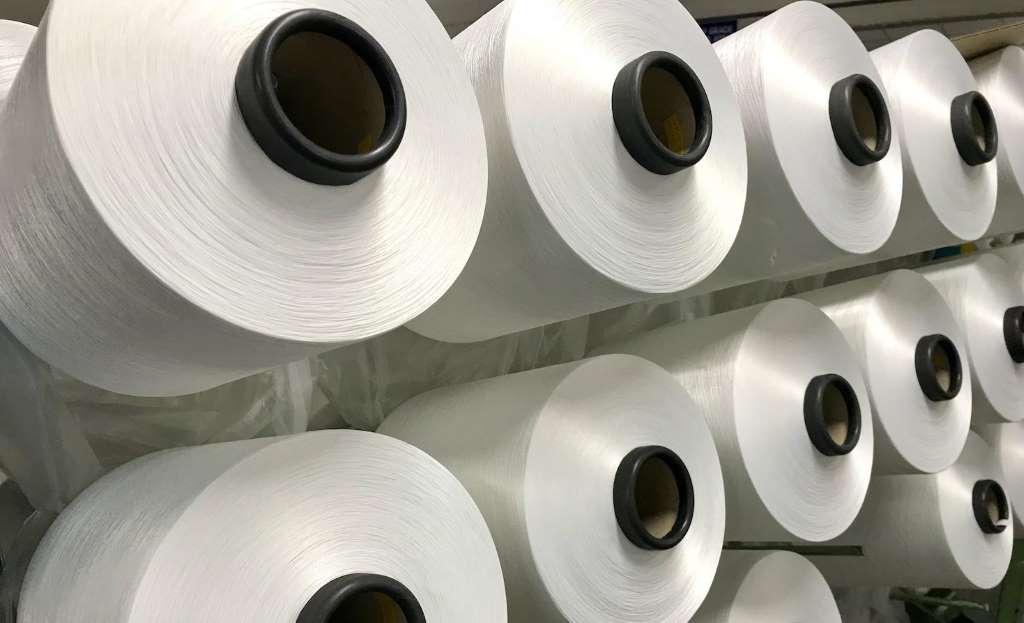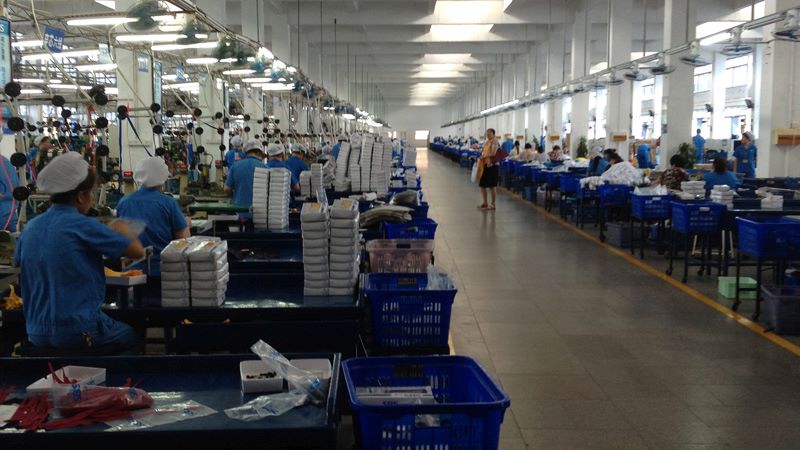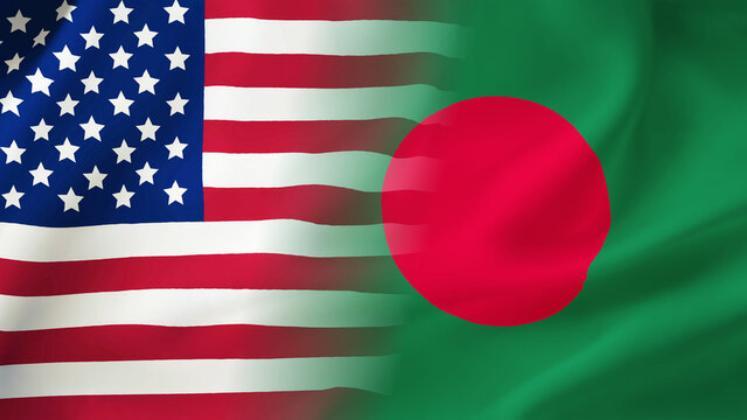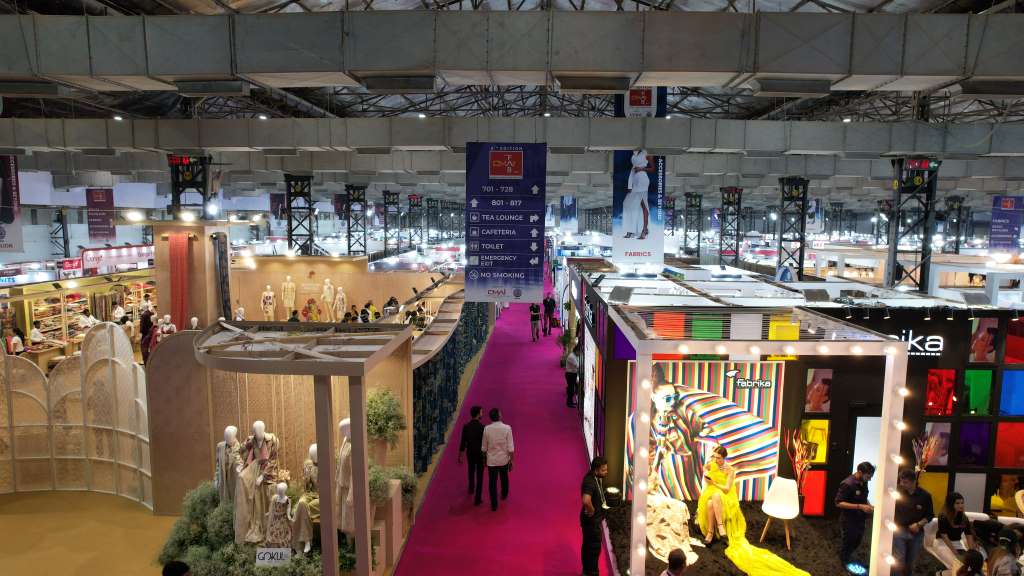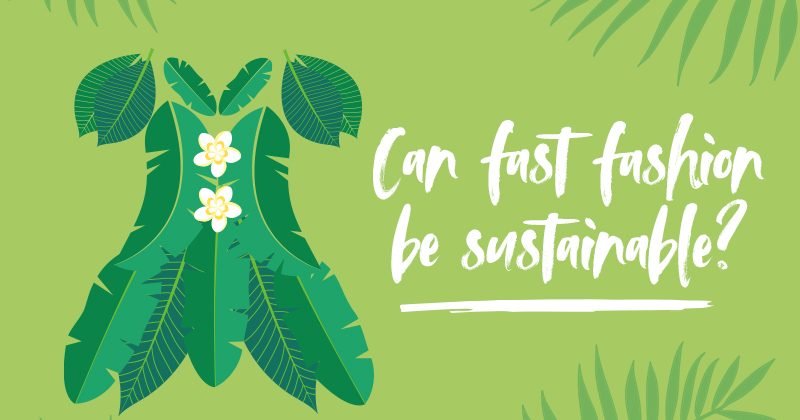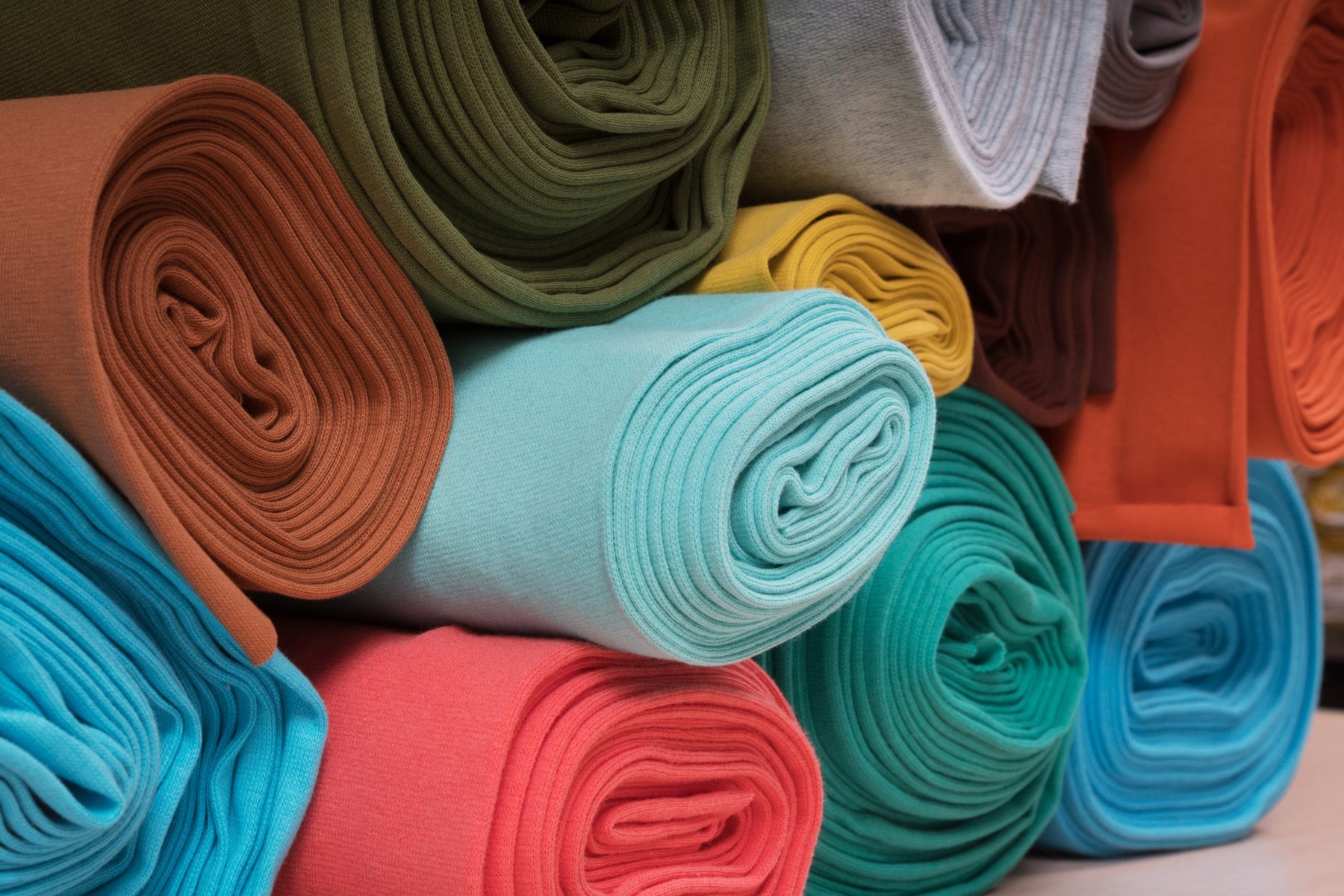Ever since the Philippines was granted Generalised Scheme of Preferences Plus (GSP+) by the European Union (EU) in December 2014, an anticipated boost for garment exports failed to materialise. Receiving GSP+ status meant 6,274 Philippines export products were given duty-free access to the EU market. And while data from the Philippines Statistics Authority shows that overall exports to the EU have seen improvement in 2015, with growth of 6.8 per cent year-on-year, from 2.4 per cent in 2014, it’s not the monumental increase that was predicted.
Meanwhile, the textile experts attribute this to the scheme’s rules of origin – which restrict raw material sourcing from outside the south-east Asian country or its neighbours if it wants the resulting products to be covered by GSP+. As the Philippines have few upstream textile plants, local garment manufacturers rely heavily on foreign yarns for variety, the usage of which is restricted under GSP+.
Indeed, there appears to be only two commercial textile mills left in the Philippines, down from more than 50 in the 1980s. Of the five cited by Philippines news reports in 2015, one has now closed, with two revealing that they make products other than traded fabrics – for instance, souvenirs. Textile production in the country has fallen victim to high electricity bills and workers’ wages being high by regional standards.
Philippines’ garment sector is unhappy with GSP+
- 1
- 2
- 3
- 4
- 5
- 6
- 7
- 8
- 9
- 10
H&M's shift from recycled bottle polyester and what it means for circular fa…
In a significant move Swedish fashion giant H&M has recently moved away from recycled polyester derived from plastic bottles and... Read more
China's apparel and textile industry defies expectations with Q1 growth boom
China's economic performance in the first quarter of 2024 surprised many exceeding expectations with a 5.3 per cent GDP growth.... Read more
US trade bodies fight against proposed higher tariffs on garments
The US International Trade Commission (USITC) is considering raising tariffs on apparel imports from Bangladesh, India, Indonesia, Cambodia, and Pakistan.... Read more
CMAI FAB Show 2024 wraps up successfully, boosting textile industry
The Fabrics, Accessories & Beyond Show 2024 (FAB Show 2024), organized by the Clothing Manufacturers Association of India (CMAI), concluded... Read more
US retail sales on the rise, but fashion sector growth murky
American consumers are opening their wallets again, with retail sales experiencing a modest uptick in recent months. According to the... Read more
The Fast Fashion Conundrum: Profits soaring, sustainability stalling
The story of Shein's soaring profits in 2023 presents a fascinating paradox. While a growing number of consumers, particularly millennials... Read more
Wall Street and the Seduction of Sexy Calvin Klein Ads: Hype or performance boos…
The recent Calvin Klein campaign featuring Jeremy Allen White in his skivvies has set the fashion world abuzz. But can... Read more
Looming Iran-Israel conflict threatens to unravel global apparel trade
The already fragile global garment industry faces fresh challenges as tensions escalate between Iran and Israel. This adds another layer... Read more
Fabric Stock Services: A rising trend but not a replacement
The fashion industry is notorious for waste. Unsold garments and excess fabric often end up in landfills. Fabric stock services... Read more
CMAI’s FAB Show 2024 inaugurated with industry giants
The 4th edition of the Fabrics Accessories & Beyond Show 2024 (FAB Show), hosted by the Clothing Manufacturers Association of... Read more

